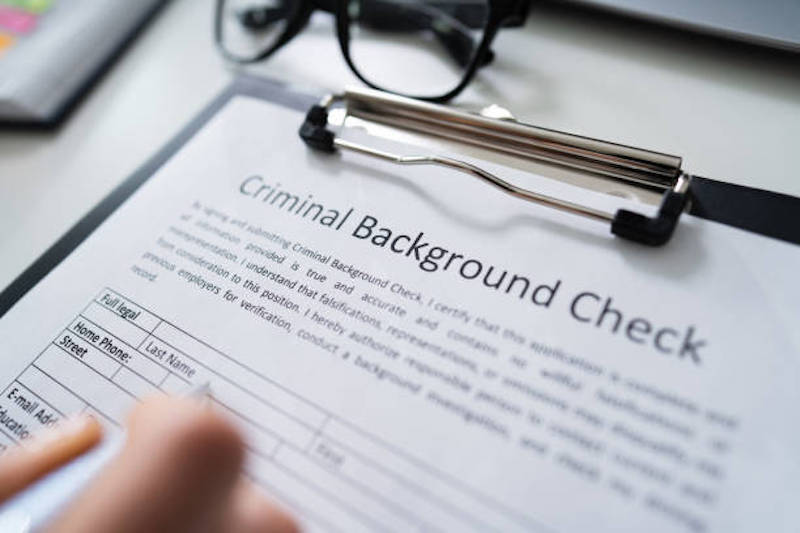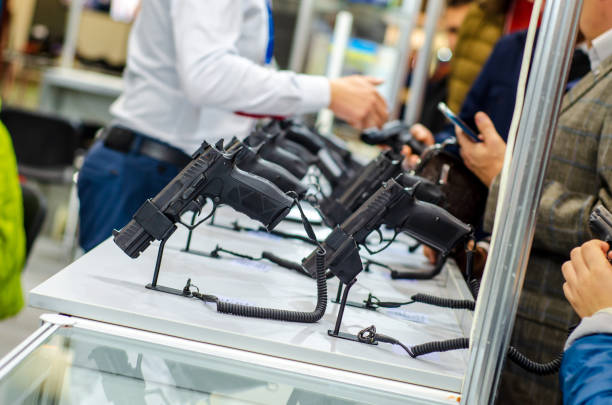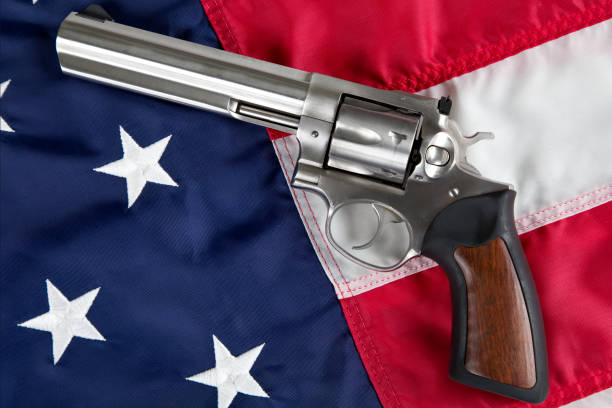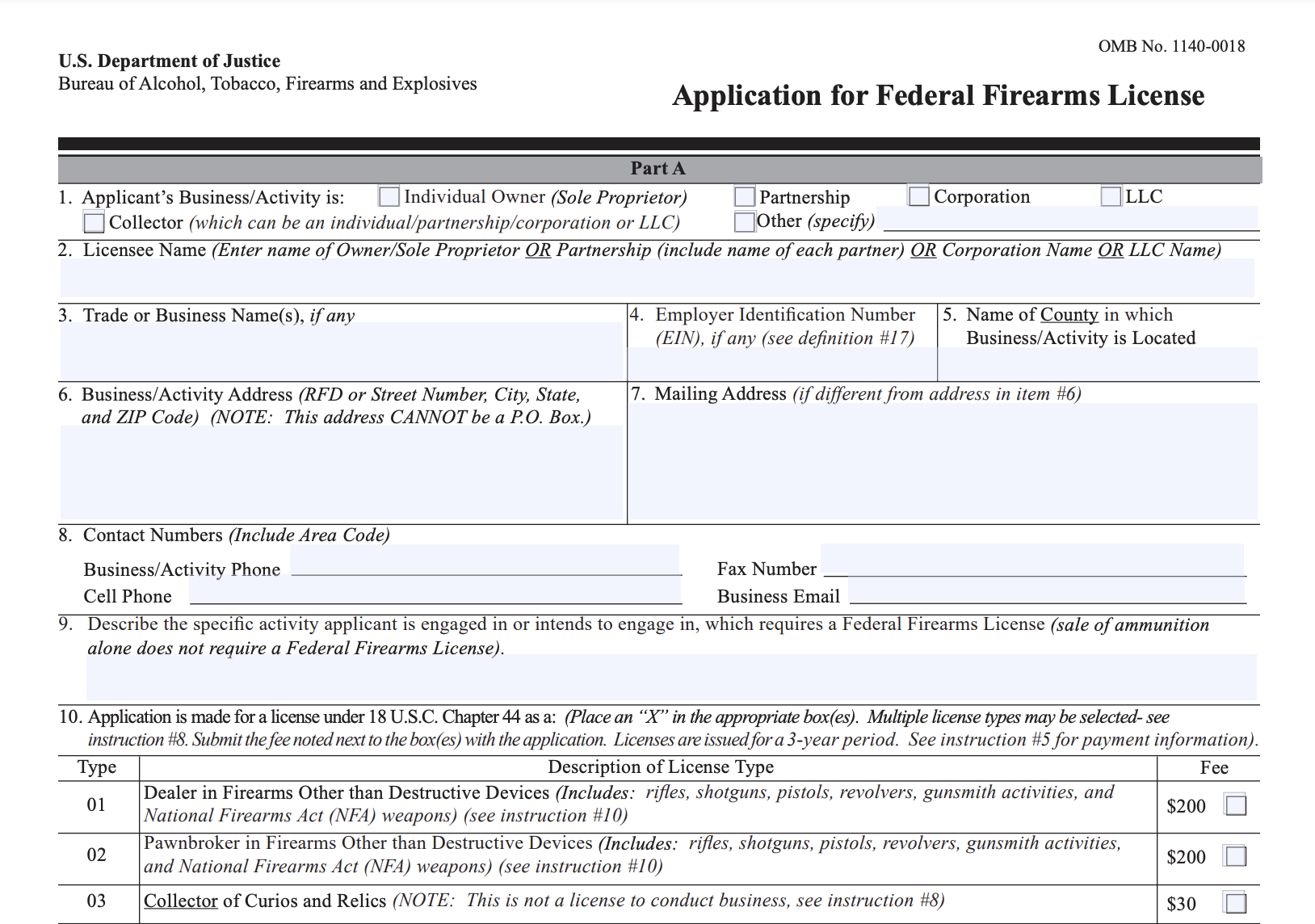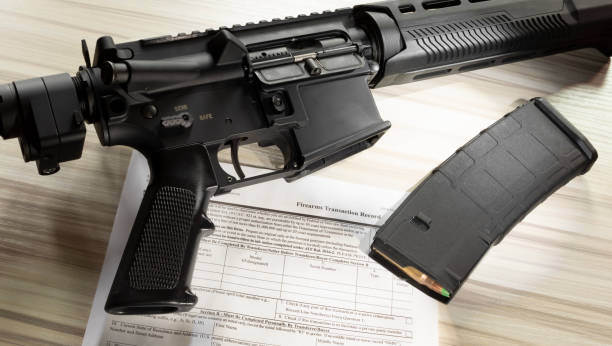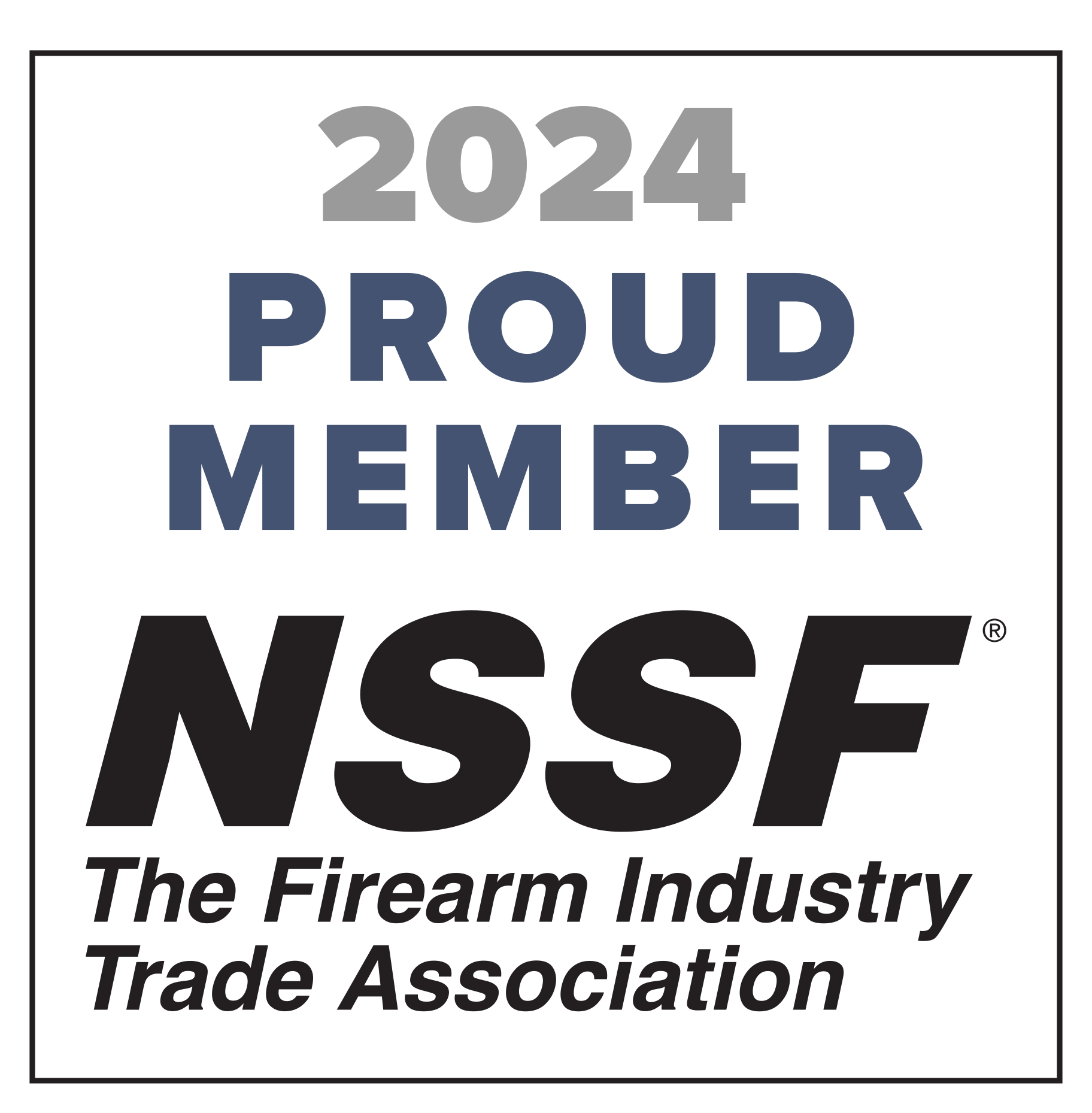Inevitably, the ATF will inspect your firearms business for regulation compliance. These are the consequences you may face for any violations.
As a federal firearms licensee, you’re bound to get audited by the ATF at some point. The Gun Control Act permits inspections that are at least twelve months apart, but truthfully, they only happen every few years.
The goal of the audit is more benign than most expect. The job of an ATF Industry Operations Investigator is to ensure that the firearms industry is generally complying with firearms statutes. The process does not have to be antagonistic.
These inspectors are not law enforcement personnel. They may have badges, but they have no authority to serve subpoenas or warrants. They certainly may not confiscate your inventory or records, and they may not place you under arrest. If investigators discover criminal evidence, they only have authority to refer that information to the ATF’s criminal division (the special agents).
The investigators are looking for errors and discrepancies in your paperwork. If the errors are deemed accidental, they won’t harass you too much. If they feel the errors are willful violations, you may end up in hot water.
If the ATF inspectors feel your errors are willful, you may end up in hot water.
The most common mistakes are failure to verify the buyer’s eligibility to own a firearm, inability to account for firearms that were received or disposed, failure to report sales of multiple handguns, failure to document firearms transfers, and failure to properly record transactions to ensure each firearm can be traced. These mistakes are often the result of careless recordkeeping or the use of non-compliant bound book software.

Caption: Most errors are found in your bound book.
The investigator can visit your business anytime during posted hours without prior notice. They will review your records, your inventory, and your place of business. They’ll go through your bound book and check the serial numbers of firearms in your possession.
You are required by law to maintain and submit for inspection the following forms:
Your acquisition and disposition book (your bound book)
Original ATF Forms 4473
Original ATF Forms 5300.35 (Statement of Intent to Obtain a Handgun)
Firearms Transaction Records for each firearm you’ve sold
Your retained copies of ATF Forms 3310.4 (Report of Multiple Sale or Other Disposition of Pistols and Revolvers)
If your state requires you to maintain any additional documents, the ATF does not have jurisdiction over these items. They cannot compel you to produce them during an inspection.
The Consequences of an ATF Compliance Violation
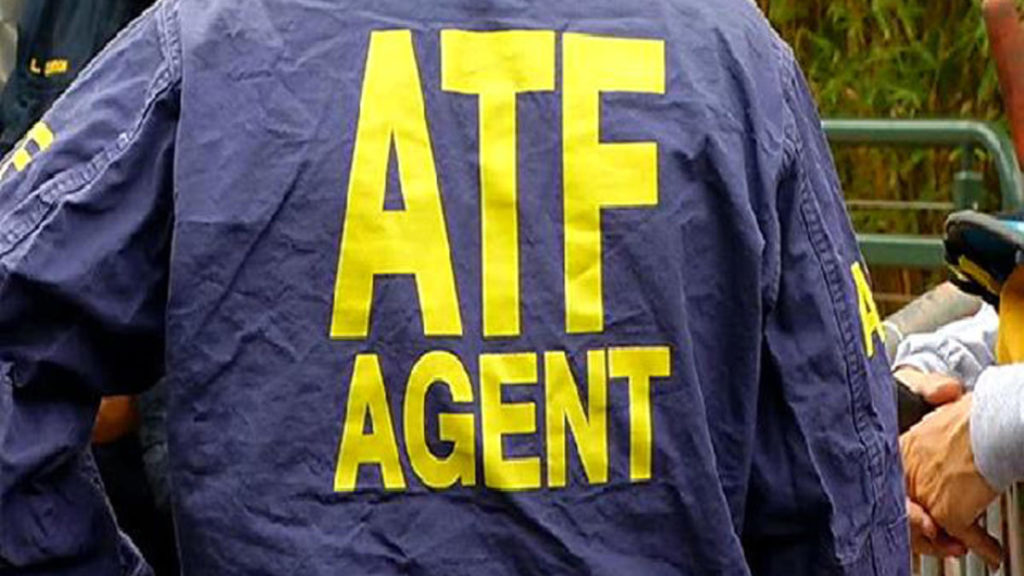
The investigator’s goal isn’t to punish you for failing to dot an “I” or neglecting to cross a “T.” He’s there to help you maintain compliance. He’ll provide any instruction or education you may need so you can meet the requirements of the law. They even bring pamphlets!
In most cases, the ATF works with dealers to correct poor practices. They would rather bring a business into compliance than begin administrative proceedings. No one wants to shut down a business.
Nevertheless, the consequences of violating regulations can be serious.
1. Report of Violations
If the ATF inspector finds any violations, he records in them in a document called a Report of Violations. This document is delivered to FFL license holders. It outlines the rules they violated and what the store can do to correct them.
For minor infractions, this is the end of the process. For example, if you forget to write down the buyers’ gender or zip code, the ATF won’t hassle you much.
Keep in mind, however, that you aren’t off the hook. The ATF saves this paperwork and consults it on their next visit. (Granted, their next inspections could be several years away.) If they find a violation that you’ve made repeatedly in the past, they may move to a more serious consequence.
2. Warning Letter
A warning letter is similar to the Report of Violations, but it’s considered a formal response from the ATF. Here, you’ll be notified of your specific violations and cautioned to improve your business practices. They’ll also spell out the penalties of further mistakes.
Think of this consequence like the warning you would receive from a police officer on the road. You aren’t penalized in any way. It’s simply a formal reminder that someone has spoken to you about your practices before. If similar violations are found in the future, you won’t get the benefit of a warning letter.
3. Warning Conference
A warning conference is a formal meeting at an ATF location. You would appear before representatives from the ATF who would explain the seriousness of your violations, the specific regulations you violated, and the consequences of continuing your poor practices.
At the conference, the ATF would ask you to supply some actionable steps to prevent further mistakes and steps to measure the effectiveness of your plan.
It’s best to appear with something on paper that shows you’ve carefully considered the issue. It can be as simple as a checklist you vow to hang in your store or wherever you perform transactions. The ATF will keep a copy of your plan and hold you accountable to it if your next inspection turns up similar violations.
If you fail to provide a strategy to improve or the ATF feels your strategy won’t be effective, they’ll offer some coaching and education to help you avoid future violations.
4. Fines and Suspensions
There’s a misconception that the ATF can impose monetary fines or suspend a firearms dealer’s FFL for any violation. Since 2004, they’ve lost much of this authority.
Today, the ATF can only fine a seller or suspend the seller’s FFL in a single, specific circumstance: If the seller fails to conduct a NICS background check, and only if the check would have discovered that the buyer was prohibited from owning a firearm. (The buyer being prohibited isn’t enough to meet the standard of the fine or suspension; the background check would have had to undoubtedly discover it.)
5. License Revocation or Renewal Denial
An overwhelming majority of firearms dealers strive to comply with regulations, but occasionally the ATF encounters a dealer who continually fails to cooperate with the Gun Control Act.
If the ATF feels the seller isn’t committed to improving their business practices, they can deny a seller’s license renewal or revoke the license outright. This only happens after the seller has collected severe or repeated violations.
It takes a while to get to this point, but once the investigator submits a renewal denial or revocation recommendation, the process is quick.
If the Area Supervisor (who manages the local inspectors) approves the recommendation, it will fall on the desk of the Director of Industry Operations. This is the executive who oversees the ATF’s dealings with business owners.
The DIO will consult with the Division Counsel (the ATF’s attorneys) and decide whether to issue an Initial Notice of Revocation. The notice gives the seller 15 days to appeal and request a hearing. (Make sure to check your mail often as this is a tight window.) At this point, the seller needs legal support.
Hearings are held in the field (at your place of business, home, or a mutually agreed upon location). Hearing Officers (inspectors with specialty training) conduct these proceedings. The Hearing Officer will examine facts and listen to testimony from the FFL and the ATF. Afterwards, they’ll send their findings back to the DIO.
The DIO can allow the seller keep their license or issue a Final Notice of Revocation. If the final notice is issued, the seller has 60 days to appeal to the U.S. District Court. If the seller is willing to fight it in court, a federal judge will hear the case.
(In order to continue selling firearms during the judicial process, the seller has to petition the ATF. If the ATF says no, the seller can request permission from the court.)
If the seller loses in the district court, he would follow the normal judicial flow: First an appeal to the Court of Appeals, then an application to appeal before the United States Supreme Court.
I don’t mean to sound bleak, but the ATF has a 95% success rate in the District Court and a 100% success rate in the Court of Appeals. It’s best to avoid ever going that far with your case.
Avoiding the Consequences
Naturally, the smartest way to avoid any of these consequences (and keep your FFL) is to diligently maintain your records. You can prevent all of the above problems by ensuring that there are no violations for investigators to discover.
Check out our bound book software, which helps you eliminate errors and stay compliant.


